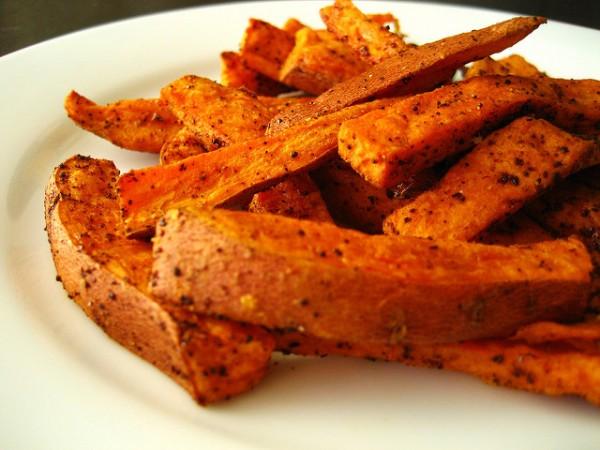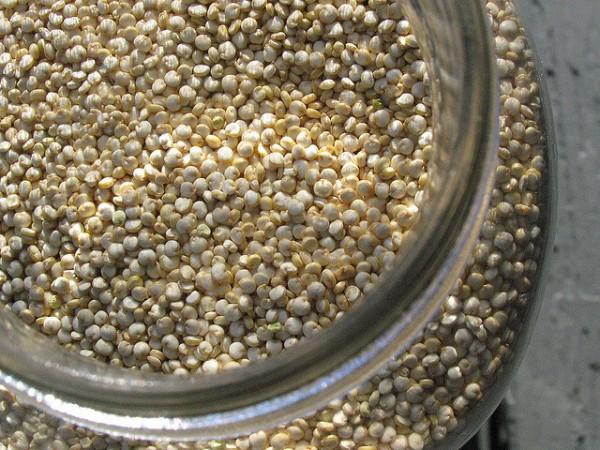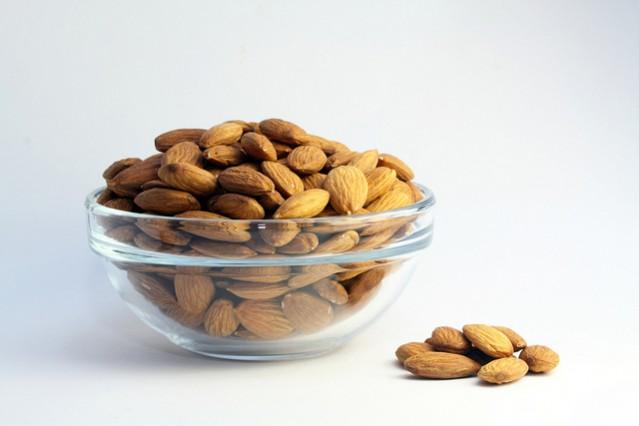
At a time when people lead an extremely busy life and are not left with much time to cook healthy food, most opt for ready-to-eat meals or order in. While doing so might be okay once in a while, eating out on a regular basis may not really meet your body's nutritional needs.
Also read: Not a meat-eater? 7 vegetarian foods that will take care of all your protein needs
One of the most overlooked components of this nutrition is fibre. While the recommended average intake of fibre in adults is about 18 grams per day, not many consume the required amount. Often found in vegetables, fruits, grains and legumes, dietary fibres are known to keep the digestive system healthy and also prevents heart diseases, diabetes and weight gain.
Here are a few simple ways to increase the fibre intake in your regular diet:
- Whole grains

Replacing refined carbohydrates with whole grains is a good idea. You could substitute white rice with brown and also opt for brown bread instead of white. Oatmeal and bran muffins are also high in fibre content.
- Nuts and Seeds

Nuts have high fibre content and are also rich in protein. You could snack on unsalted almonds to contain those hunger pangs and also use seeds as a topping on salads and cereals. Figs and apricots too are rich in fibre.
- Legumes and Lentils

You could add beans, peas and lentils to soups and stews to add to its fibre content. Also, substitute cheese and sour cream dips with legume-based dips such as hummus.
- Load up on fruits and vegetables

Fruits and vegetables are extremely rich in fibre. Even though the quantity of dietary fibre differs between cooked and uncooked vegetable, they both are beneficial to health. Eating whole fruits is more beneficial than juices as fruits contain a higher amount of fibre compared to the juice.









!['Had denied Housefull franchise as they wanted me to wear a bikini': Tia Bajpai on turning down bold scripts [Exclusive]](https://data1.ibtimes.co.in/en/full/806605/had-denied-housefull-franchise-they-wanted-me-wear-bikini-tia-bajpai-turning-down-bold.png?w=220&h=138)



